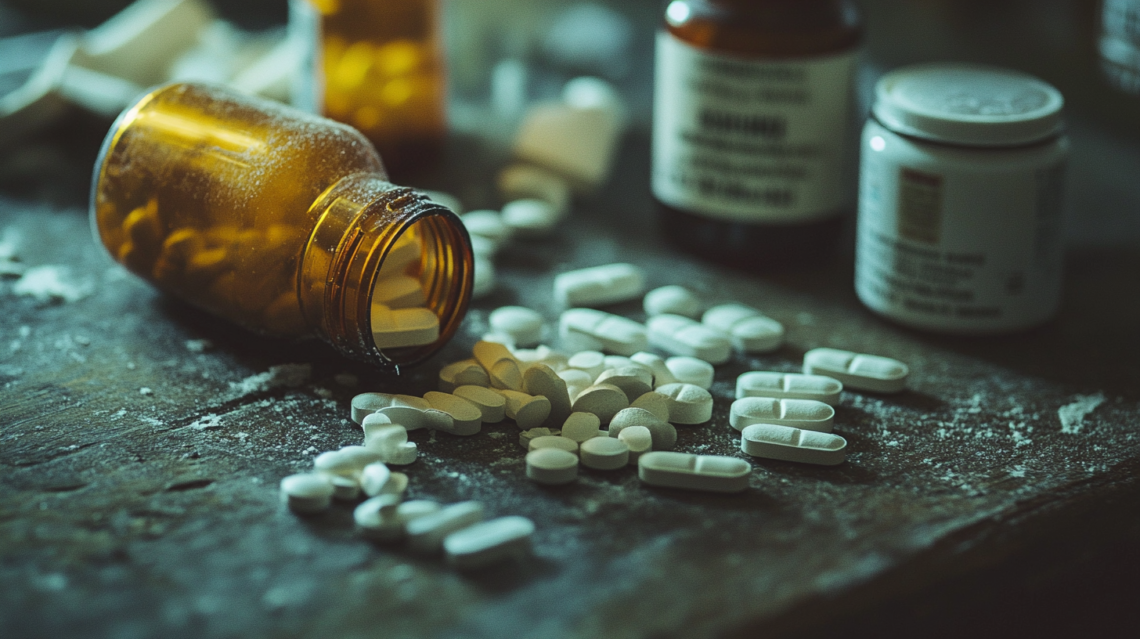
International Overdose Awareness Day 2024
Every year on August 31, communities around the world come together to observe International Overdose Awareness Day (IOAD), the largest annual campaign dedicated to ending overdose, remembering those who have lost their lives to this epidemic without stigma, and acknowledging the profound grief experienced by the family and friends left behind. The theme for IOAD 2024, “Together we can,” underscores the tremendous power of community when everyone stands united in the face of this ongoing public health crisis.
The opioid overdose epidemic has had a devastating impact in Canada, with a staggering 5,975 lives lost in 2023 alone. Tragically, around 30 percent of these deaths occurred among individuals aged 30 to 39 years, highlighting the disproportionate toll this crisis has taken on young adults in the prime of their lives. Behind each of these statistics lies a unique individual with hopes, dreams, and loved ones who are now left to grapple with the immeasurable pain of their absence.
Compounding the tragedy of these losses is the pervasive stigma that continues to surround substance use disorders and overdose deaths. This stigma, rooted in misunderstanding and often perpetuated by societal attitudes and media portrayals, can have profound and far-reaching consequences for both individuals struggling with addiction and those who have lost loved ones to overdose. For those actively battling substance use disorders, stigma can serve as a formidable barrier to seeking help and accessing the life-saving treatments and support services they so desperately need. The fear of judgment, discrimination, and social ostracization can lead individuals to conceal their struggles, isolating themselves from the very resources and networks that could offer a path to recovery. This isolation not only exacerbates the psychological and emotional distress associated with addiction but also increases the risk of overdose, as individuals may be more likely to use substances alone and without access to harm reduction measures like naloxone.
The stigma surrounding overdose deaths can also have a profound impact on the mental health and well-being of those left behind. Family members and friends who have lost loved ones to overdose often find themselves navigating a complex landscape of grief, guilt, and shame, their pain compounded by societal attitudes that may blame the individual for their own death or view addiction as a moral failing rather than a medical condition. This stigma can make it difficult for those who are grieving to openly discuss their loss, access bereavement support services, and find the compassion and understanding they need to heal.
Challenging and dismantling the stigma surrounding opioid overdose is a critical step in addressing this public health crisis and supporting those affected by it. This requires a multi-faceted approach that includes public education campaigns to raise awareness about the realities of substance use disorders, the expansion of evidence-based treatment and harm reduction services, and the cultivation of compassionate, non-judgmental attitudes within communities.
Events like International Overdose Awareness Day play a vital role in this process, providing a platform for individuals and communities to come together in remembrance, solidarity, and action. By openly discussing the impact of overdose, sharing stories of loss and recovery, and advocating for policy changes that prioritize public health and harm reduction, we can work to create a society that treats addiction as a medical issue rather than a moral one and provides the support and resources needed to prevent further loss of life.
As we approach IOAD 2024, let us embrace the theme of “Together we can” and recognize the collective power we hold to effect change. By standing united in our commitment to ending overdose, supporting those struggling with addiction, and honoring the memory of those we have lost, we can work towards a future where no more lives are needlessly cut short by this devastating epidemic. Together, we can break down the barriers of stigma, offer hope and healing to those who are suffering, and build a society that values compassion, understanding, and the fundamental dignity of every human life.
To learn more, visit www.overdoseday.com.

